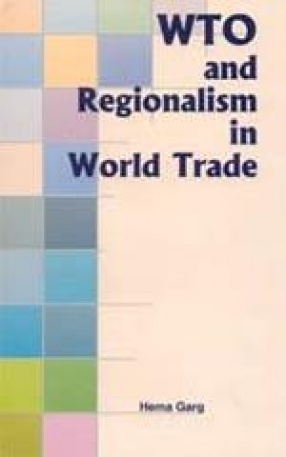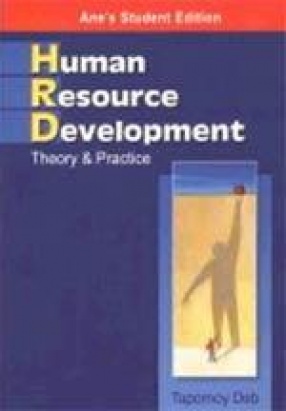World Trade Organization (WTO) was established on January 1, 1995. it is the only international body dealing with the rules of trade between nations. As its heart are the WTO agreements and the legal ground rules for international trade. A number of fundamental principles run through WTO agreements which form the foundations of the multilateral trading system. They include: non-discrimination, free trade, predictable polices, encouragement to competition, and special provisions for less developed countries. WTO is expected to administer its trade agreements, provide forum for trade negotiations, handle trade disputes, monitor national trading policies, provide technical assistance and training to developing countries, and co-operate with other international organizations. This book examines and evaluates the impact of the establishment of WTO and the various regional trading blocs on the pattern and development of international trade. It describes the interface between the new rules of international trade given by the WTO and the requirements of different trading blocs. The trading blocs focused on are: European Union (EU) in Europe, Association of South East Asian Nations (ASEAN), South Asian Free Trade Area (SAFTA), Asia Pacific Economic Co-operation (APEC) in Asia, and North American Free Trade Areas (NAFTA) and Common Market of the Southern Cone (MERCOSUR) in Americas.
Education in Twenty First Century
$38.70
$43.00






There are no reviews yet.